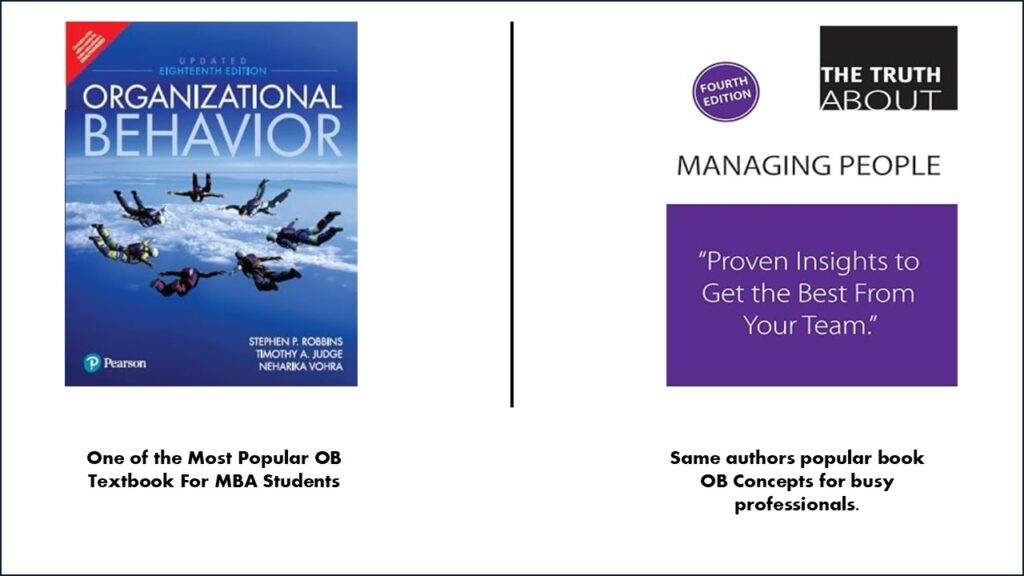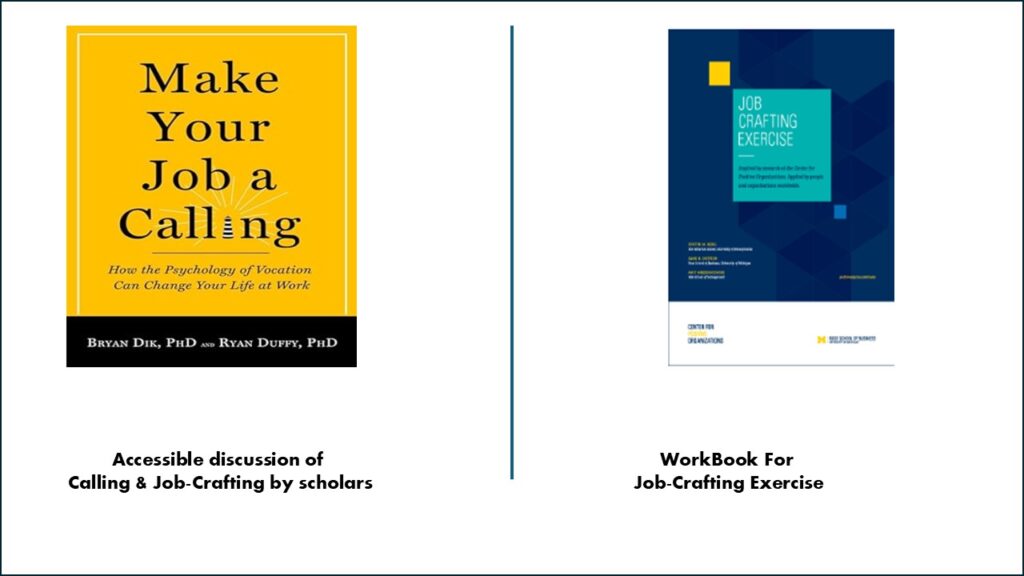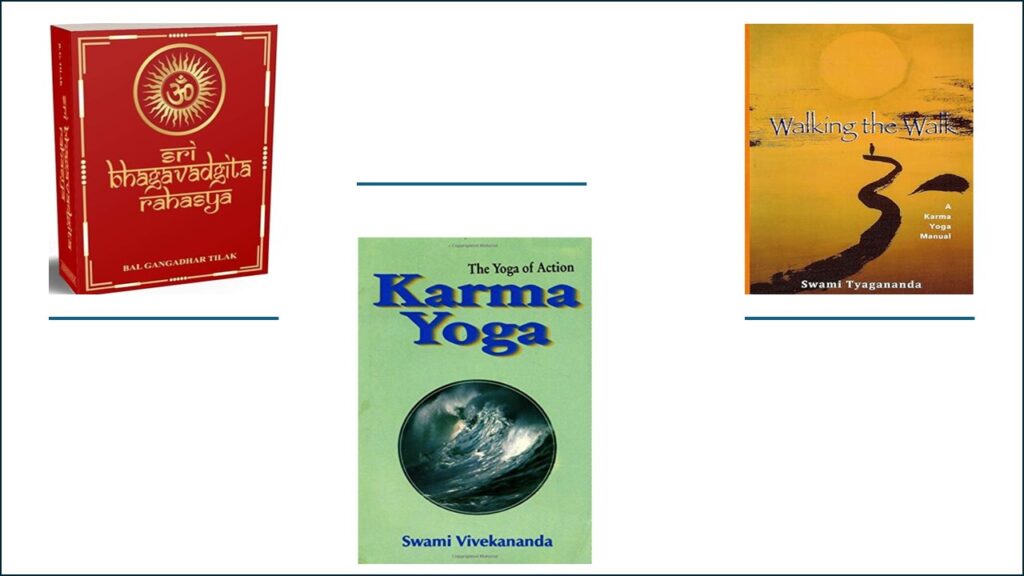Work is stressful. It’s drudgery. We are glad on Friday and dread on Monday morning. Work is the source of depression, anxiety, high blood pressure, and even heart attacks (link found in Cal Newport’s best-seller Slow Productivity)
Even when a respectable figure like Narayan Murthy speaks of working for more than 40 hours, It’s ridiculed and criticized.
Is work so negative?
In my humble opinion. It’s exactly the opposite. Work can be a positive experience.
When Prof. Bala invited me as a guest lecturer for his MBA(HR) course on positive psychology. This is what I stressed – 4 ways to make work positive.
First and foremost, the way you choose your Job. MBA students in particular and almost everyone in general – select a job based on the salary or brand when multiple options are given.
That is ok.
But not ok, if positivity in life is your priority.
Most sought-after jobs in consulting and investment banking are considered stressful! (Check the link again). And I have seen it in both industries. You shall compare any job with your dream job to assess.
JCM – Job characteristic model – developed by Oldham and Hackman gives you five ways to compare two jobs. A concrete way to find out whether the job will be motivating or not. Theory is taught in and is almost part of every MBA program in OB course! (My OB teacher Prof. Manish Singhal at XLRI often emphasized it in arguing why teaching is one of the most positive work – irrespective of its status, prestige, or earning potential)

But we don’t get to choose our job. Life has other compulsions. One wants to put the bread and apply butter on top of it. Most MBA students often get only one chance in their campus placements in the tight job market.
That is also Ok. You can convert the job that you got into the job that you want. That’s the second way to make your job positive. Technic in OB-HR is known as job-crafting. It is well-researched, and tested at firms like Google. Here is one workbook on it.

Third is your work-orientation. This is a little tricky part. And difficult to exercise. OB-HR theories in positive psychology tell that people have three kinds of work-orientations job, career, and calling (job-career-calling is a tag of this post). Job is where people prioritize money, incentives, bonuses, and all of that. Careers are more in the organizational context, where status and position are important. And calling is where people work for the sake of work. Simply because they find it fulfilling, and meaningful. They have a purpose and for them money, status, career-ladder is secondary.
Surprising, but those with calling orientation are often more educated, earn more (!), and even respected and popular in their community.
One easy trick to find is that job-crafting and calling are closely connected.
This book (See image) has a good discussion on both job-crafting and calling in an easy-to-understand fashion.
Finally in an Indian context, one can look at KarmaYoga. It’s not only philosophy or scriptural injunction. It is a practical way to approach the work. Easy to preach than practice.
It’s also researched in OB-HR. Prof. Zubin-Mulla (Now at TISS) and Prof. Venkat Krishnan – did pioneer work on this at XLRI.
KarmaYoga concept is ancient and has a longer tradition than all three (job design, job-crafting, and calling), however, surprisingly not much accessible reading is available on this in the OB-HR domain.
Bhagavad Gita is the source of it. That too mainly by Lokmanya Tilak’s version. That version treats work from KarmaYoga’s perspective.

Swami Vivekanada’s lectures on karma yoga are also available in book form. But I found, Swami Tyagananda’s commentary “Walking the Walk” more accessible! (He offers a course also on this – available online).
In my opinion, these are the roots of positivity in the work.
You can use stress management, and happiness intervention to counter the effects of work. They are useful. But they don’t address the root causes of drudgery, stress, and anxiety in the work.
That was a nice guest lecture. And helped me to reflect on my readings.
(I realized while blogging that the topic has the potential to convert into a one-day workshop.)
[If you are an academic/faculty member in the area of OB-HR -( Organizational behavior and/or Human Resources), join this message-only group for books, readings, and writings in this domain: Expect weekly one or two posts and No spam https://chat.whatsapp.com/CZjo6hkpgyGFtxWnic5eGy ]

Positive psychology